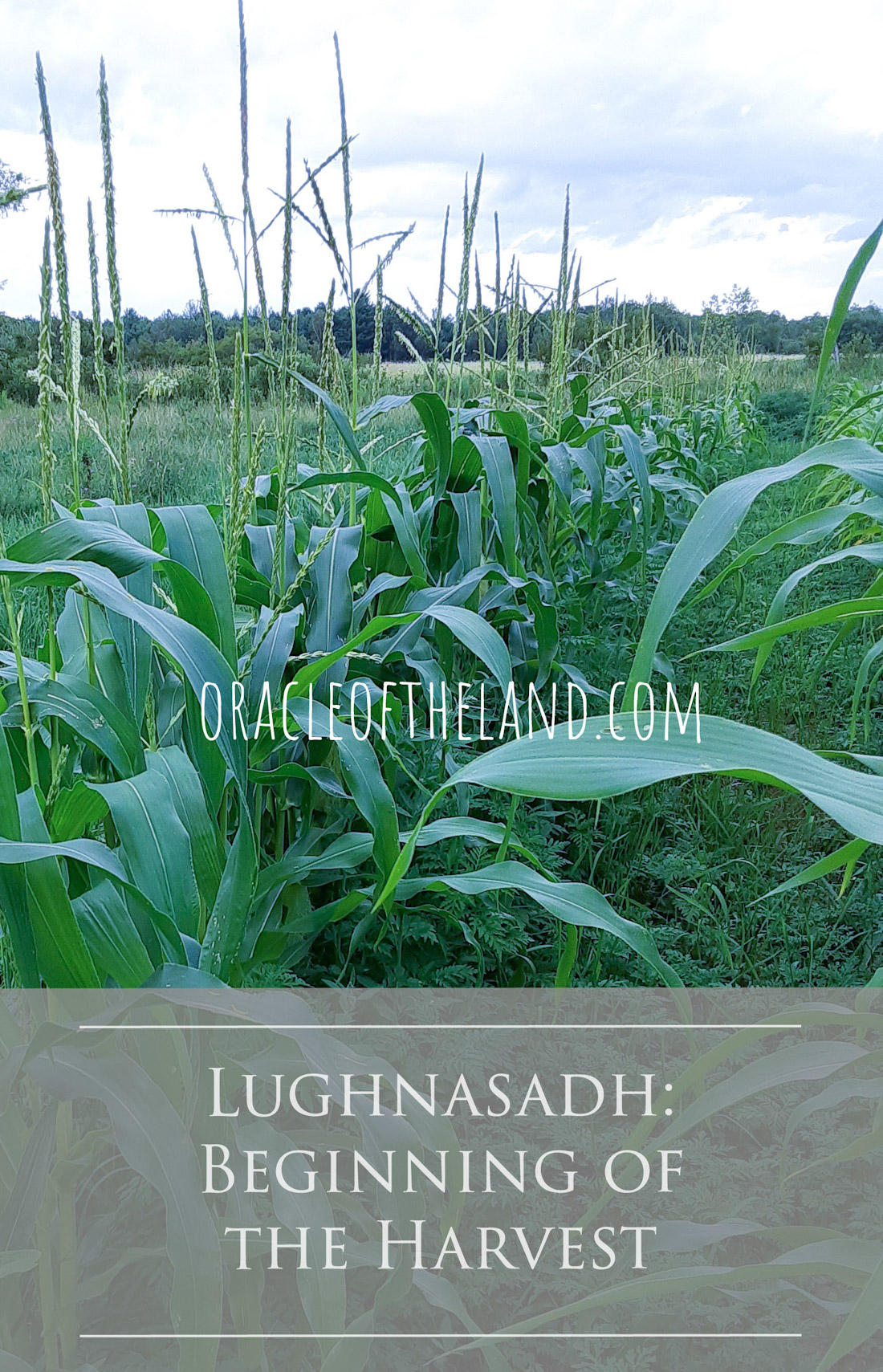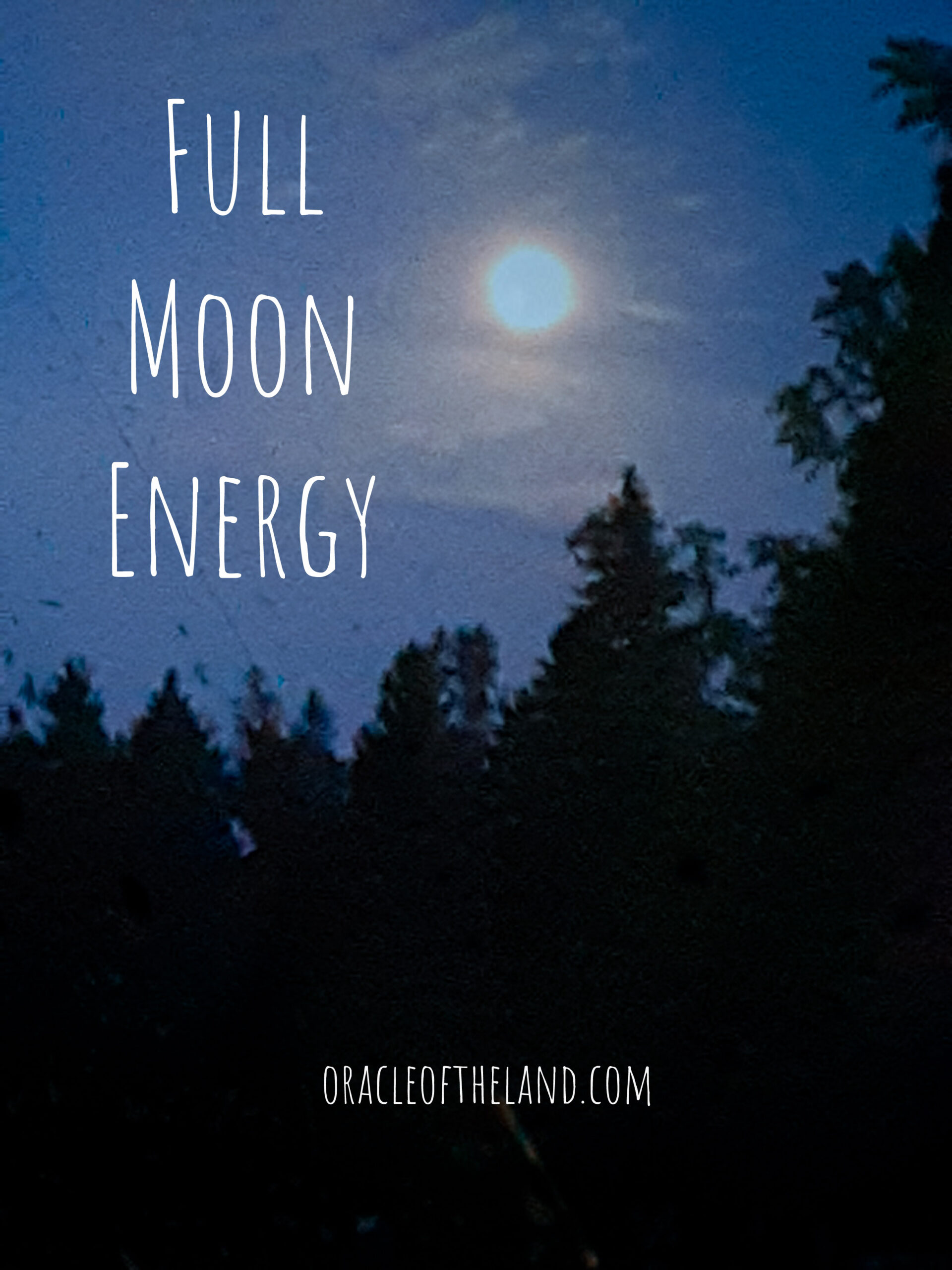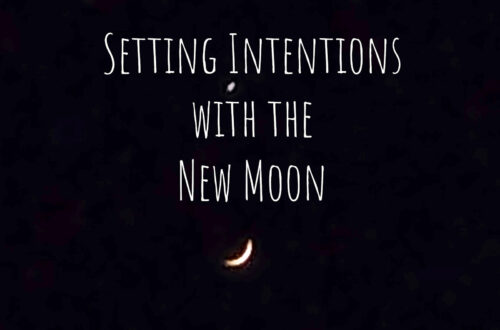
Lughnasadh: Beginning of the Harvest
Lughnasadh is the beginning of the harvest season. It’s when the first grains and fruits are ready to be picked, consumed, and preserved. This usually takes place around August 1st but does vary from different regions based on culture, beliefs, and crops I would “gather”. In the past, it was even a month-long event. This reminds me of the fair or carnival season in the summertime.
This time was the perfect time for gatherings, religious ceremonies, athletic contests, feasting, matchmaking, and trading. So it was a happy time indeed.
History of Lughnasadh
This festival can be traced to Ireland, Scotland, the Isle of Man, as well as throughout Northern Europe.
After the Christian influence, Lughnasadh was also referred to as Lammas; which means “Loaf Mass.” Which makes sense being that the grains are harvested, ground, and baked into loaves. Lughnasadh is named after the Irish sun god, Lugh, and the word nasadh meaning assembly. Although, some dispute that he was a sun god.
With this turn in seasons, it’s only natural to get together with the tribe, village, or community to celebrate, be thankful, trade and barter, and sell their wares. These celebrations also served as helping one another out with harvesting and preserving the food for the long winter ahead. After all, many hands make light work.
Along with celebration, comes spiritual beliefs. Being thankful for the land and weather for good crops, means life and another year of surviving. Who can they thank? Their gods and goddesses of course. Enter the land of myth and magic.
Folklore Stories
And along with that comes the stories told from generation to generation. Stories of might, bravery, perseverance, heroic deeds, and magic. These qualities were needed for their survival and their stories helped with instilling hope and strength for what lies ahead. After all, survival is hard work. And stories helped foster and install imagination and creativity which helps make the world more enjoyable.
The stories say that Lugh started this celebration in remembrance of his foster mother, Tailtiu. Since Lugh is associated with skill in all things, the funeral games are a popular activity during this celebration. Does this not remind you of the Olympics? Only this is every year. Some stories say this was started because of Lugh’s wedding also.
Who is right? Does that really matter? Because who can say for sure what went on in the past. We can only speculate if it wasn’t written down. The proper thing to do is take the larger meaning of this festival and not nitpick too much.
How Can We Celebrate in Modern Times?
Lughnasadh, the beginning of the harvest season, is the time to get out in the warm sun and pick the fruits of your labor. It’s time to get together with the community in good companionship and help one another for the big job ahead. And why not thank momma earth, the gods, nature spirits, and the ancestors for the gifts and blessings received.
Have a picnic, feast, do some matchmaking, start a trial marriage, do some trading for more supplies, have a wedding, and enjoy some good-natured athletic contests. Soon, the dark time will be upon us once more.
How do you celebrate the beginning of the harvest season?
Resources:
https://en.wikipedia.org/wiki/Lughnasadh
https://en.wikipedia.org/wiki/Lugh
http://www.druidry.org/druid-way/teaching-and-practice/druid-festivals/lughnasadh/deeper-lughnasadh
The Nature and Character of Lugh
P.S. This was originally written pre-COVID times. Of course, this year things will have to be modified. For example, my grove is doing an online ritual on Zoom. Hopefully, next year things will get back to normal. In the meantime, carve out your own personal way to commemorate this happy time.
Subscribe to our email list below and never miss the latest news or exclusive offers.







15 Comments
Suz
What a lovely piece! It was very calming just to read it – with my friend’s TV blaring in the background with politics…
🙁
Wonderful info…thank you.
Emily Ackerman
This was so interesting! I love hearing new stories and traditions. Thanks for sharing!
judean
This is the first time I have heard of Lughnasadh – thanks for sharing! While this may be unrelated, Harvest Moon is coming soon and there is an annual 5k that takes place every single year. This year, no Harvest Moon 5k.
Kay
I love hearing stories like these! And Iove reading about traditions! I have a 1 year old so i enjoying reading about traditions as we are always looking for traditions that we can start with her!
Michele ODonnell
Great! I wish I had learned about this when my kids were younger.
Annette
I enjoyed learning some history behind “the harvest” . I sure wish I could get some of that sweet corn to grow here in my Alaska greenhouse.
Michele ODonnell
I’ve always wanted to go to Alaska.
Santana
I love the history behind the harvest. I could read about stuff like this all day!
Charlene Hartley
I love reading stories like this!
Barbara
How interesting!
Shirley
Very interesting read and thank you for sharing! I really enjoyed your article.
Michele ODonnell
Thank you 🙂
Cas
Harvest season is magical in so many ways.
Myrka
Wow I didn’t know about this history! I love how you described the beauty of harvesting! We should be thanking and celebrating what Mother Earth has given us!
Michele ODonnell
Thanking our mother is important. I try to acknowledge her every day.